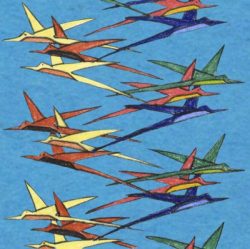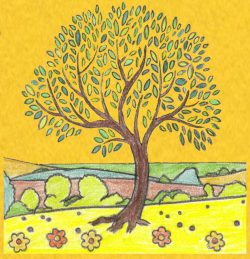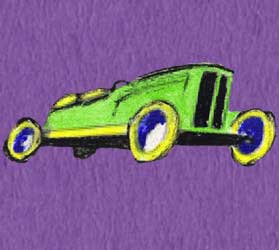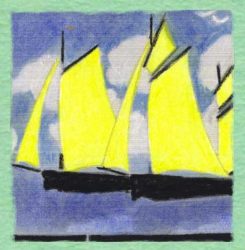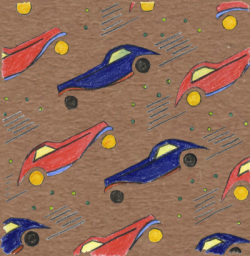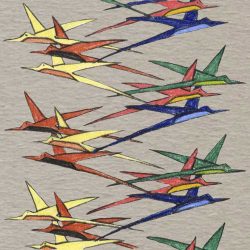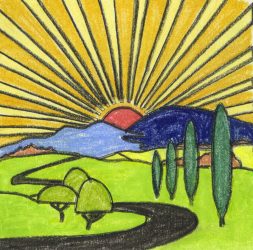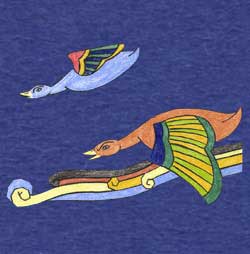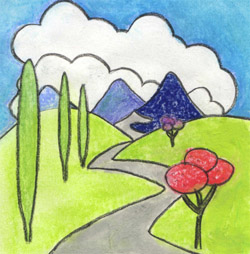My great-uncle, Arthur Lissenden, was a jobbing artist and amongst the things he illustrated was this Chiswick Empire playbill from 1927. I have 3 original variety theatre playbills hanging on my bedroom wall. Chiswick Empire, Shepherds Bush Empire and Ardwick Green Empire. All from 1927. As I gaze at them every night but know precious little about the acts themselves, I thought it was time I rectified that with some research.
I particularly like this one because my great-uncle’s artwork is the main attraction, the acts themselves listed instead of being accompanied by their bill matter.
Chiswick Empire playbill 1927.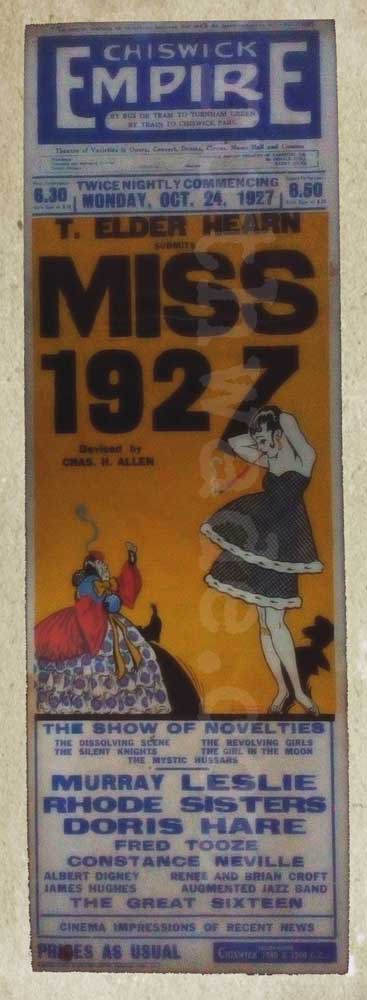
Note the performance at the Chiswick Empire was twice nightly: the acts certainly earned their money in those days. Also that there was a slot for showing ‘cinema impressions of recent news’ the 1920’s equivalent to catching up with events online.
This Show of Novelties was produced and presented by a man with an interesting background in his own right.
T. Elder Hearn
Tom Hearn was a juggler billed as both The Laziest Juggler in the World and The Sleepy Juggler. His act revolved around the established routine of making a hash of things interspersed with moments of real skill – an approach adopted with great success by Tommy Cooper. The stage set was a bedroom and he wore pyjamas, hence the bill matter. Read more about this act – with pictures – here. You can red some more about his lazy juggler act here. Tom claimed billing as the first artiste to qualify as a pilot when he helped fly a plane from London to Paris in 1914. When he toured the provinces he did so in his Blériot monoplane. That came to an end when the great publicity was dwarfed the huge expense. In 1910 he abandoned juggling for a comedy act in which he played 6 different parts, and reinvented himself again in 1920 as a tour director and promoter.
I can only find background on two of the acts on this bill, but the Miss 1927 Show of Novelties was reviewed by The Stage when it appeared at the Kings Theatre Portsmouth (with a few changes from that billed at the Chiswick Empire):
‘T Elder Hearn presents “Miss 1927” with marked success. This is a bright and original production, rich in novelties, spectacularly beautiful, and marked with a ready vein of humour. Particularly effective is the “Maid of the Moon” a scene in which Elsa Cowie swings out in the moon over the audience. Murray Leslie enhances his reputation as an eccentric comedian, and excellent support is given by Fred Tooze, who is especially good as the Italian musician in “Earning a Living”; Doris Hare, a petite comedienne; the Rhode Sisters, in song and dance numbers; Gordon James a pleasant vocalist; and Renee and Brian Croft in speciality features’.
Fred Tooze
Appeared in several films as well as on stage. Two in the silent era: A Wife in a Hurry (1916) with Lupino Lane (another of the famous theatrical family, Barry, appears on my Ardwick Green Empire playbill) and How’s Your Poor Wife? (1917). In 1957 he made The Passionate Stranger starring Ralph Richardson.
Doris Hare
Doris was one of the great troupers the like of which we’ll never see again. She was born in 1905, first appeared on stage aged 3, then toured all over the UK in juvenile troupes. She went solo as Little Doris Hare appearing in music halls and variety theatres throughout the following decade. In 1930 she she toured in The Show’s The Thing, taking the part made famous by Gracie Fields; then in 1932 she was in London’s West End for Nöel Coward’s Words and Music. In 1963 she joined the Royal Shakespeare Company and in 1965, the National Theatre at the Old Vic. She became famous to generations as the mother in television’s On the Buses. As I said, they don’t make them like that anymore.
Variety theatre has a starring role in my 1920’s East End London novel Foul Trade and here are two pieces I wrote about the research that went it: Clear the stage, dim the lights and Music halls and all things theatrical, darling. You will find my great-uncle Arthur pops up again.







